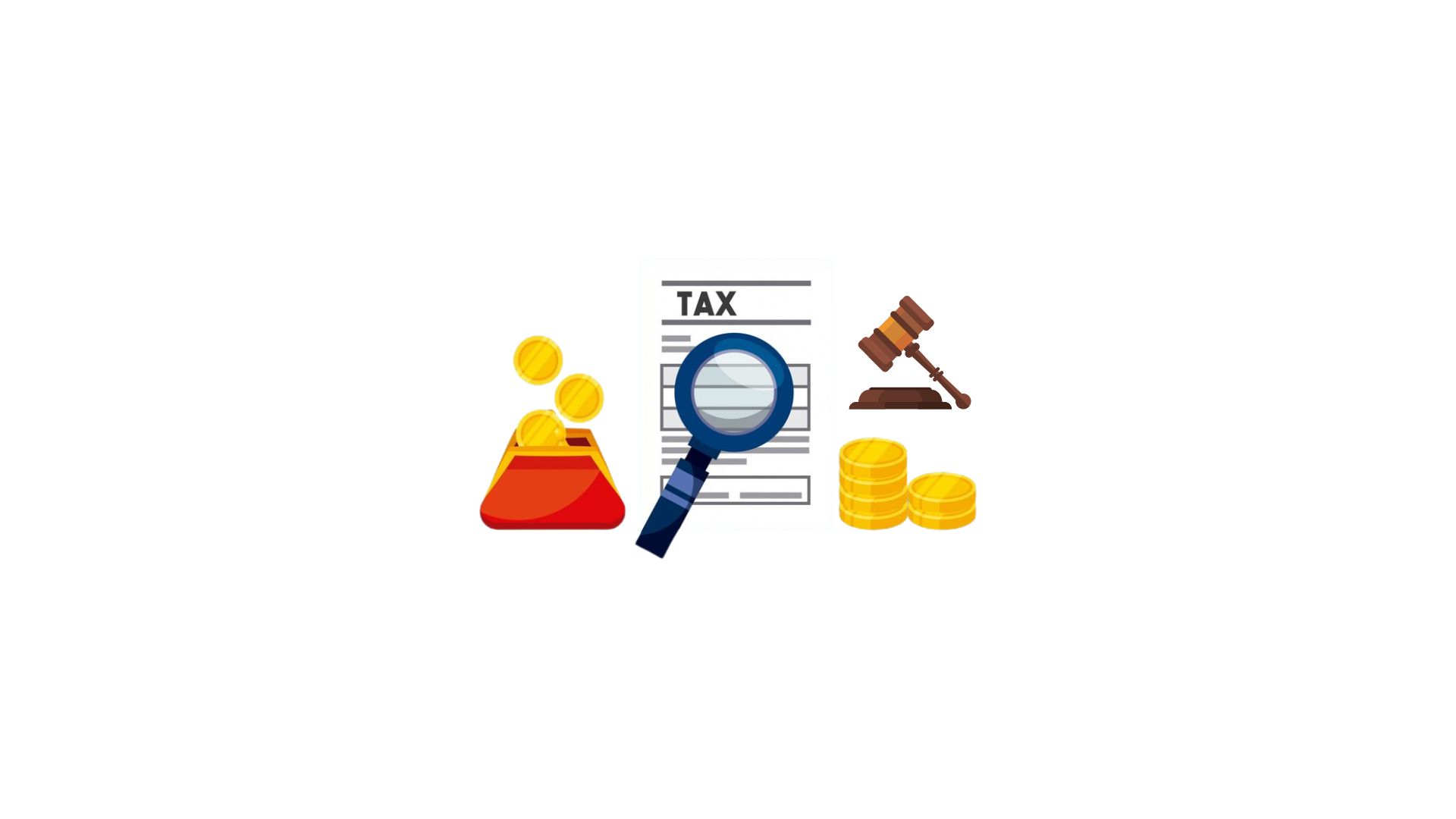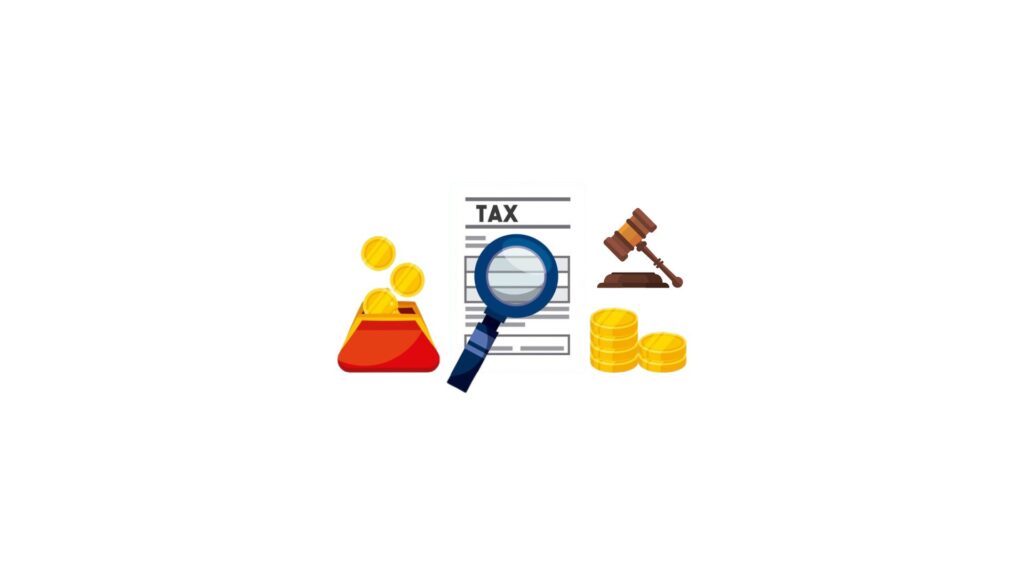
19 Apr Legal Bombshell: 101st Constitutional Amendment Act PIL Thrown Out

Introduction
In recent legal proceedings, the Patna High Court addressed a significant case involving the 101st Constitutional Amendment Act related to the Goods and Services Tax (GST). The Public Interest Litigation (PIL) filed by Amit Pandey challenged specific provisions within the amendment, alleging a violation of the Constitution’s basic structure. This article delves into the details of the case, examining the facts presented, the core issues debated, and the court’s ultimate ruling.
Facts of the Case
Amit Pandey, representing himself as the petitioner, initiated a writ petition before the Hon’ble Patna High Court. The crux of Pandey’s argument rested on the contention that certain sections of the 101st Constitutional Amendment Act, namely Sections 2, 9, 12, and 18, infringed upon the fundamental tenets of the Indian Constitution. Furthermore, Pandey asserted that the functioning of Parliament under the guidance of the Goods and Services Tax Council (GST Council) amounted to an abandonment of legislative responsibility.
In response, the Department, acting as the respondent, submitted a counter affidavit. The Department refuted the petitioner’s claims, emphasizing that the GST Council’s role was advisory in nature. It highlighted the Council’s function in addressing taxpayer grievances at both national and state levels, as well as its role in tax apportionment—a domain exclusively within the purview of Parliament.
Issue
The central issue at hand revolved around the constitutional validity of Sections 2, 9, 12, and 18 of the 101st Constitutional Amendment Act. Additionally, the debate encompassed the extent of parliamentary authority vis-à-vis the advisory role of the GST Council.
Held
Following deliberation, the Hon’ble Patna High Court, in the case of CWJC No. 7483 of 2017, dismissed the PIL brought forth by Amit Pandey. The court’s decision rested on two primary grounds. Firstly, it determined that the petitioner, being a legal professional, lacked the requisite locus standi to maintain the writ petition. Secondly, the court opined that individuals transitioning from Value Added Tax (VAT) to GST, as facilitated by the 101st Constitutional Amendment Act, did not constitute a marginalized group incapable of seeking legal redress.


No Comments